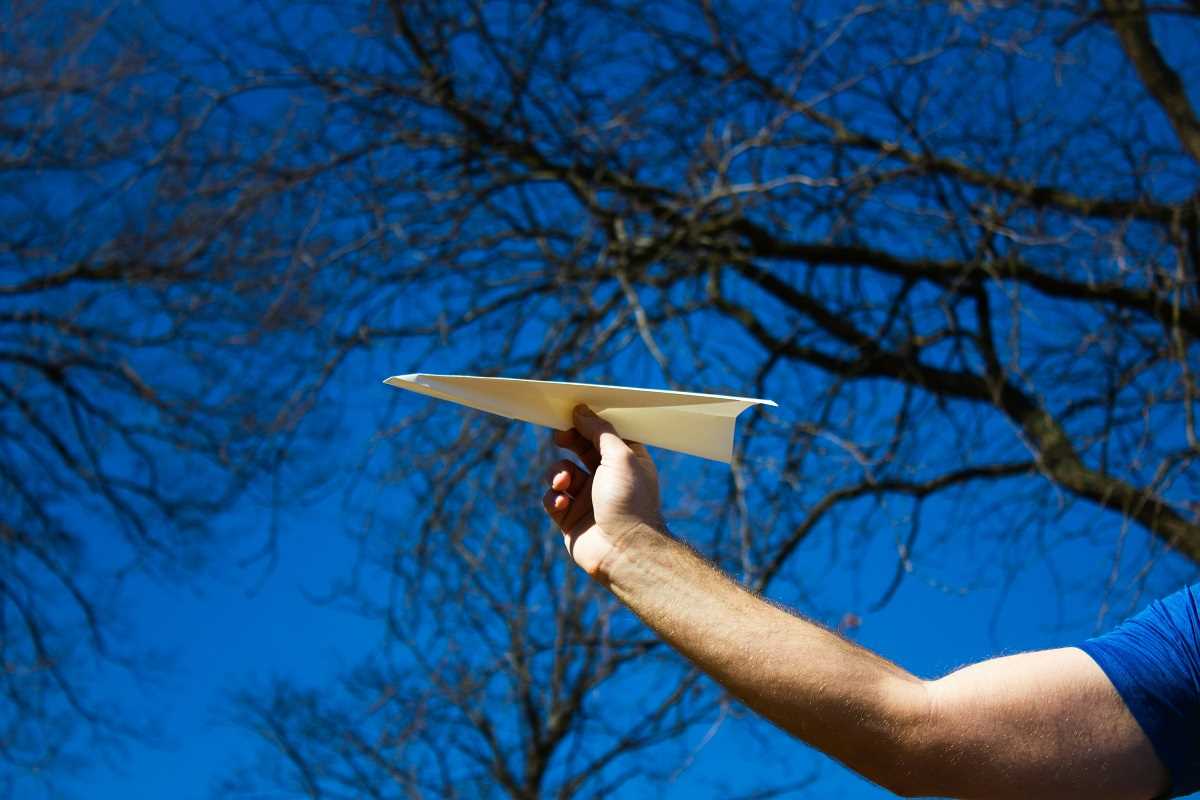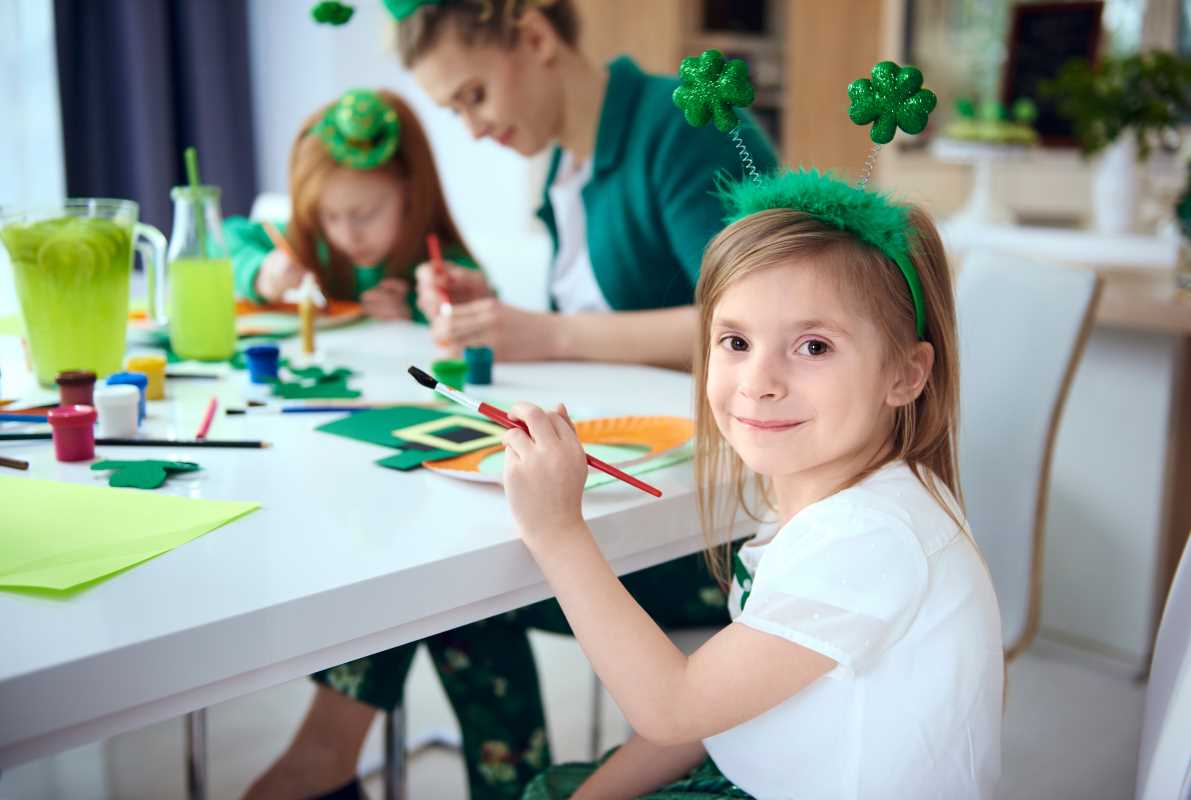Planning a simple yet memorable family camping trip is an excellent way to bond with loved ones, explore nature, and create lasting memories. As an experienced father, one understands that family camping doesn’t require an elaborate setup or excessive spending. What matters most is the experience and the quality time spent together. With some preparation and a clear focus on the essentials, parents can create a camping trip that is enjoyable, relaxing, and full of adventure for the entire family.
Choose the Right Location
The first step in planning a successful camping trip is selecting the right location. When choosing a campsite, it’s important to consider the needs and preferences of your family. If your children are younger, look for campgrounds that offer easy access to trails, restrooms, and other amenities. Many national parks and state parks have family-friendly campsites that provide a balance between nature and comfort, such as access to picnic tables, fire pits, and clean restrooms. For those with older kids, consider remote sites that offer a more rustic, off-the-grid experience. It’s also worth looking for a location with outdoor activities like hiking, swimming, fishing, or even canoeing to keep everyone entertained.
Make a Packing List
To avoid last-minute panic, make a comprehensive packing list ahead of time. This will ensure that nothing important gets left behind and will help keep the process organized. Start by listing essential camping gear like tents, sleeping bags, and cooking equipment. Don't forget items such as flashlights, extra batteries, and a first aid kit. Be sure to pack appropriate clothing for the weather, including layers for cooler evenings, hats for sun protection, and sturdy shoes for walking and hiking. For the kids, include their favorite camping-friendly games, books, or activity kits to keep them occupied during downtime. Remember to pack food and snacks that are easy to prepare and won't spoil quickly—canned goods, granola bars, and pre-cooked meals are excellent options.
Prepare Simple Meals
One of the joys of camping is cooking meals together in the great outdoors. However, elaborate cooking setups and complicated recipes can take away from the simplicity of the experience. Instead, plan simple, easy-to-make meals that everyone will enjoy. Pre-prepare meals as much as possible before the trip. Chop vegetables, marinate meat, or even make foil packet meals that only require a few minutes of cooking over the campfire or portable stove. Grilled hot dogs, sandwiches, pasta, and simple salads are perfect for camping, and they don’t require a lot of equipment. For breakfast, try oatmeal, scrambled eggs, or pancakes. Don’t forget snacks like trail mix, fruit, and granola bars, which are perfect for fueling up during outdoor activities.
Keep It Fun with Campfire Activities
The campfire is the heart of most camping trips, offering a place to gather, share stories, and enjoy each other’s company. Keep the fun going by introducing classic campfire activities that the whole family can enjoy. Tell stories—whether spooky, funny, or personal—or make up silly tales that encourage creativity. Roast marshmallows for s'mores, a camping tradition that never fails to delight kids and adults alike. You can also play simple games around the fire, such as charades or I Spy, to keep everyone engaged. Bringing along a guitar or harmonica can also be a fun way to add some music to the evening and create a laid-back, enjoyable atmosphere.
Plan Outdoor Activities
During the day, there’s plenty of opportunity for exploration and adventure. Plan a few outdoor activities that the whole family can enjoy together. Go on a nature hike and teach your kids about the different plants, trees, and wildlife you encounter. If you’re near a lake or river, take the opportunity to try fishing or paddling. If your children are older, consider taking them on a longer trek or exploring more challenging trails. Many campsites also offer bike rentals, which can be a fun and active way to explore the surrounding area. For families with younger children, consider bringing along a kite or a ball for games like soccer or catch, which can be played in an open field or by the water.
Plan for Relaxation and Downtime
While camping is full of activities, it’s just as important to allow for relaxation and downtime. Not every moment has to be packed with action. Set up a comfortable space for reading, lounging, or just enjoying the beauty of nature. Bring along a few books, a journal, or some simple crafting supplies. This can give the family a break from the more physically demanding activities and provide a calm moment to reflect and recharge. For some families, simply lying back and watching the stars can be one of the most memorable parts of the camping trip.
Safety First
Before embarking on the camping trip, make sure that everyone in the family knows basic safety protocols for outdoor adventures. Be sure to pack a well-stocked first aid kit, including items like bandages, antiseptics, pain relievers, and allergy medications. It’s also essential to discuss safety precautions with the kids, such as the importance of staying within sight, keeping food securely stored away from wildlife, and following any campground rules. If you plan to go on hikes, make sure everyone has proper footwear, sunscreen, and a hat for protection. Additionally, bring insect repellent to protect against mosquitoes and ticks, which can be a common nuisance in certain areas.
Leave No Trace
Teach your kids about the Leave No Trace principles to help preserve the environment. These simple rules encourage campers to respect nature by leaving the campsite as they found it. Make sure to clean up thoroughly after meals, pack out all trash, and dispose of waste properly. If you plan to have a campfire, be sure to extinguish it completely before leaving the site. This not only ensures the safety of the area but also helps preserve the natural beauty of the camping site for future visitors.
Be Flexible and Prepared for the Unexpected
Even the best-laid plans can be disrupted by weather, tiredness, or unexpected events. As a parent, it’s important to remain flexible and adaptable to whatever comes your way. If it starts raining, turn it into an opportunity for a fun indoor activity, like playing board games, reading books, or telling stories. If the kids get tired, let them take a break in the tent, where they can nap or relax. Keeping a positive attitude and showing your children that flexibility is key to enjoying the camping experience will set the tone for a relaxed and enjoyable trip. Also, be prepared with backup plans—if a hike doesn’t go as planned or the weather isn’t favorable, having alternate indoor activities or shorter excursions will help keep spirits high.
Create Traditions
One of the most memorable aspects of family camping trips is the creation of traditions that can be repeated year after year. These can be simple things, like gathering around the campfire for a family story, making a special camping-themed breakfast, or playing a certain game every evening. Traditions add a sense of continuity to camping trips and give kids something to look forward to. These small routines also help children feel comfortable and connected during the trip, fostering a sense of family bonding that will last well beyond the trip itself.







